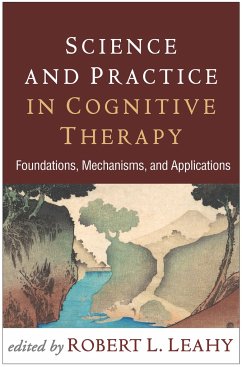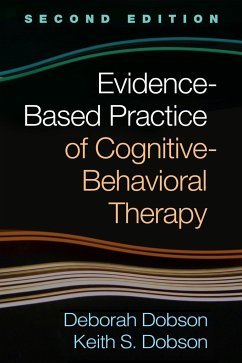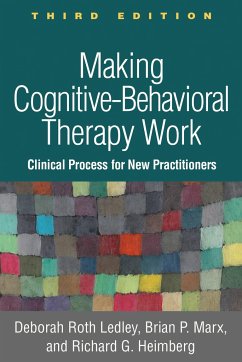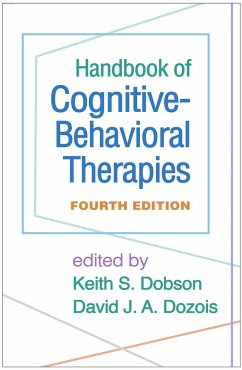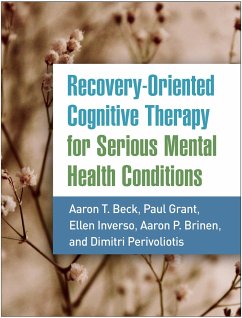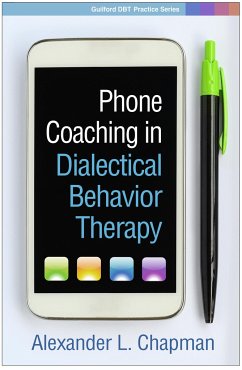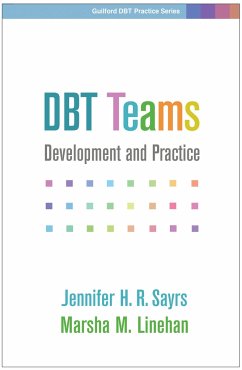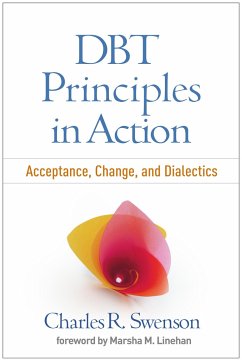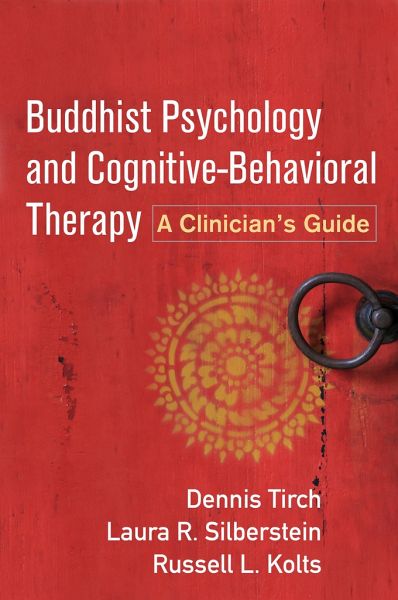
Buddhist Psychology and Cognitive-Behavioral Therapy
A Clinician's Guide
Versandkostenfrei!
Versandfertig in über 4 Wochen
48,99 €
inkl. MwSt.

PAYBACK Punkte
24 °P sammeln!
This user-friendly guide to the basics of Buddhist psychology presents a roadmap specifically designed for cognitive-behavioral therapy (CBT) practitioners. It explains central Buddhist concepts and how they can be applied to clinical work, and features numerous experiential exercises and meditations. Downloadable audio recordings of the guided meditations are provided at the companion website. Essential topics include the relationship between suffering and psychopathology, the role of compassion in understanding and treating psychological problems, and how mindfulness fits into evidence-based...
This user-friendly guide to the basics of Buddhist psychology presents a roadmap specifically designed for cognitive-behavioral therapy (CBT) practitioners. It explains central Buddhist concepts and how they can be applied to clinical work, and features numerous experiential exercises and meditations. Downloadable audio recordings of the guided meditations are provided at the companion website. Essential topics include the relationship between suffering and psychopathology, the role of compassion in understanding and treating psychological problems, and how mindfulness fits into evidence-based psychotherapy practice. The book describes an innovative case conceptualization method, grounded in Buddhist thinking, that facilitates the targeted delivery of specific CBT interventions.




